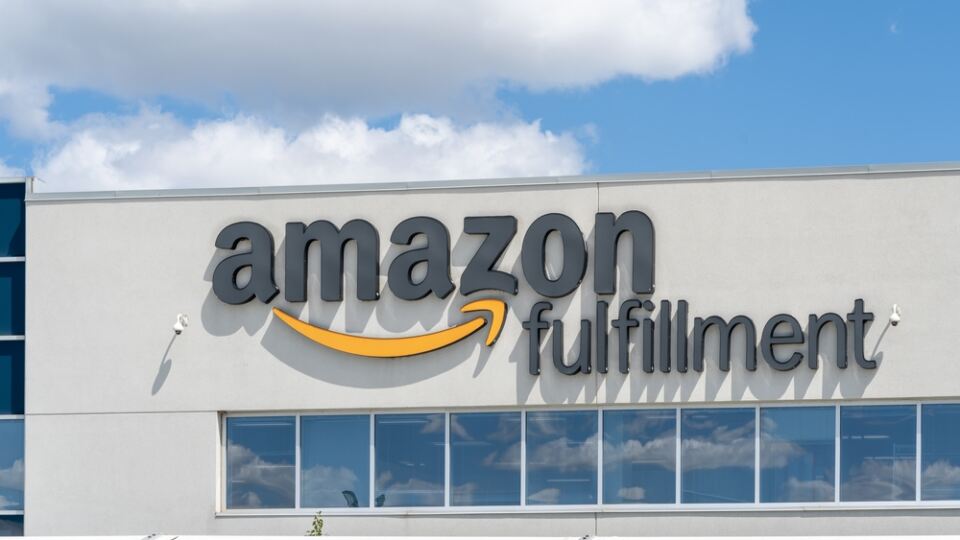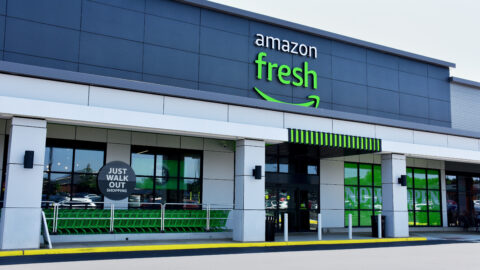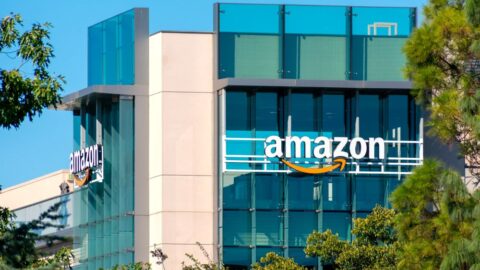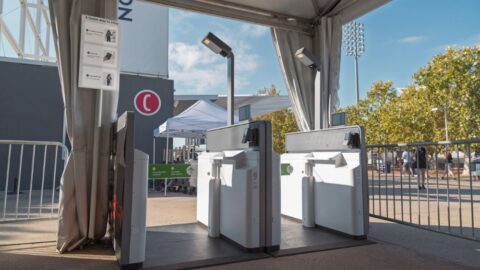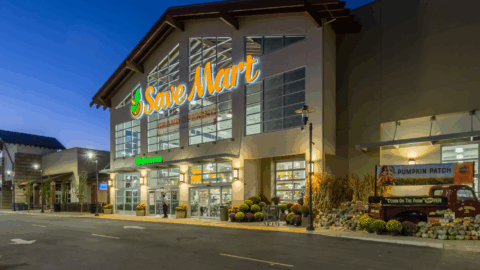Amazon has delayed or canceled plans for at least 16 U.S. warehouses according to multiple local media reports. This scaling back follows a disappointing Q1 2022, during which the ecommerce giant reported a $3.8 billion net loss, which was partially driven by $6 billion in added costs — including the cost of operating its massive fulfillment network.
The reductions may be in response to reduced consumer spending. The U.S. Census Bureau found that ecommerce sales as a percentage of total retail sales declined slightly in Q1 2022 compared to Q4 2021, even though they grew 2.4% year-over-year. Mastercard’s May 2022 SpendingPulse report found that ecommerce grew 2.2% during the month compared to 13.4% in-store growth. In March, year-over-year ecommerce sales actually declined for the first time since 2013.
As a result, Amazon may be seeking to right-size its warehouse capacity. The retailer has aggressively expanded its footprint over the past couple of years during the COVID-driven surge in ecommerce, but that growth may finally be slowing.
“We currently have some excess capacity in the network that we need to grow into,” said Brian Olsavsky, CFO of Amazon during the company’s Q1 2022 earnings call. “So we’ve brought down our build expectations. Note again that many of the build decisions were made 18 to 24 months ago, so there are limitations on what we can adjust midyear.”
Amazon’s extensive existing network means the project delays will likely have little to no impact on its ability to remain the leader in speedy delivery. Few other retailers can compete with Amazon’s reach even if many of its most recent plans have been put on hold.
“We have worked to protect and enhance the customer experience despite a sharp increase in costs, particularly over the past three quarters,” said Olsavsky. “We’ve seen a large cost to keep up with demand these past two years. During this period, we doubled the size of our operations and nearly doubled our workforce to 1.6 million employees. Labor and physical space are no longer the bottlenecks they were throughout much of 2020 and 2021. However, we continue to face a variety of cost pressures in our consumer business.”
The reportedly affected facilities are:
- Salinas, Calif.: Canceled, according to KSBW;
- Coral Springs, Fla.: Space to be sub-leased, but was originally planned as last-mile distribution hub, according to TAPInto Coral Springs;
- Chamblee, Ga.: Canceled, according to Atlanta Journal-Constitution;
- Davenport, Iowa: Opening delayed until 2024, according to WQAD;
- Shreveport, La.: Opening delayed until 2023, according to KTAL;
- Canton, Miss.: Opening delayed until July 2022 from November 2021, according to Clarion Ledger;
- Sioux Falls, N.D.: Opening delayed until 2024, according to Argus Leader;
- Churchill, Pa.: Canceled, according to Pittsburgh Post-Gazette;
- Alcoa, Tenn.: Opening delayed until 2023, according to WBIR;
- Clarksville, Tenn.: Complete, but hiring delayed several months, according to Nashville Business Journal;
- League City, Texas: Opening delayed for unspecified period of time, according to Community Impact Newspaper;
- Round Rock, Texas: Opening delayed indefinitely, according to Austin Business Journal;
- San Antonio, Texas: Opening delayed indefinitely, according to San Antonio Express-News;
- Waco, TX: Complete, but inactive as of June 2022, according to Waco Tribune-Herald;
- Marriott-Slaterville, Utah: Opening delayed until 2024, according to Standard-Examiner; and
- Lawrence, Wis: Canceled, according to Green Bay Press Gazette.
As of press time, Amazon had not responded to a request for comment.



